“For many years, space programs were driven by government agencies,” explains Virendra Jha, PhD 82, a Great Concordian and former CSA vice-president of science, technology and programs.
While numerous private companies are investing in space exploration to make space tourism possible, offering people the thrilling experience of seeing Earth from above, that’s not the reason industry professionals like Skonieczny and Jha are excited.
It’s rather the fact that companies with bottomless budgets, like SpaceX, have entered the field in order to lower the cost of launches and thereby increase their frequency.
For the moment, that service has made it easier for parties to send technology into near space. But it will also be valuable when space exploration gains traction in the future, and ambitious missions set their sights on distant planets and moons. In other words, these initiatives may be run by private enterprises, but they benefit everyone in space exploration.
“We’re always rooting for [these companies] to succeed, because what’s good for any company is good for the whole industry,” says Carmit Tzoubari, BEng 14, a system engineer at NASA’s Jet Propulsion Laboratory.



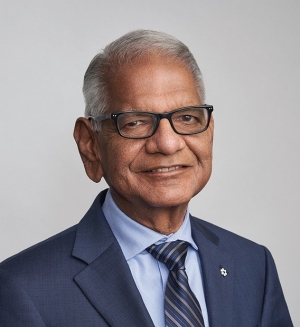 “University scientists are the ones who generally push exploration,” says Virendra Jha, PhD 82
“University scientists are the ones who generally push exploration,” says Virendra Jha, PhD 82
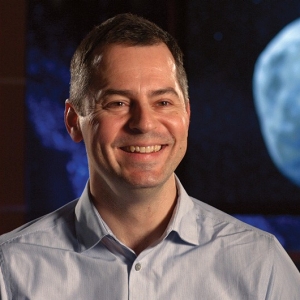 “We’re going to be answering some fundamental questions about the formation of the universe,” says Tim Haltigin, BSc 02. | Photo: Canadian Space Agency
“We’re going to be answering some fundamental questions about the formation of the universe,” says Tim Haltigin, BSc 02. | Photo: Canadian Space Agency
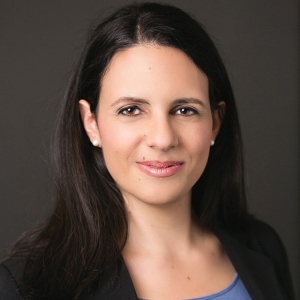 “What is universally valued is practical experience, which I did get a lot of at Concordia,” says Carmit Tzoubari, BEng 14. | Photo: Rose Pierce
“What is universally valued is practical experience, which I did get a lot of at Concordia,” says Carmit Tzoubari, BEng 14. | Photo: Rose Pierce
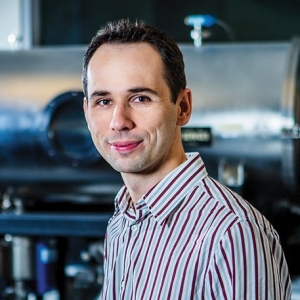 “There’s strong evidence that there are ocean worlds on these moons,” says Krzysztof Skonieczny
“There’s strong evidence that there are ocean worlds on these moons,” says Krzysztof Skonieczny
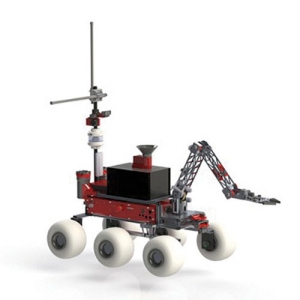 A rover developed by students with Space Concordia’s robotics division
A rover developed by students with Space Concordia’s robotics division